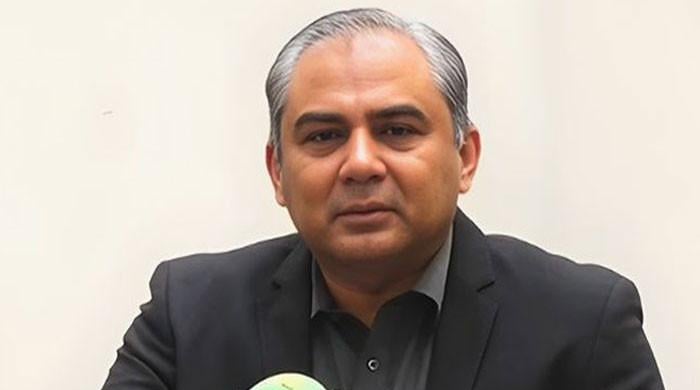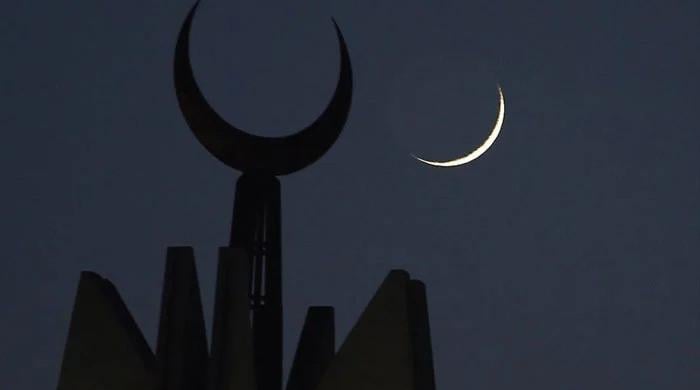HEC asks vice-chancellors to promote sattu, lassi in light of financial crisis
Promote local tea plantations and also traditional drinks which are locally manufactured, HEC asks VCs
June 24, 2022
KARACHI: In a bid to tackle the ongoing economic crisis in the country, the Higher Education Commission of Pakistan (HEC) has suggested the vice-chancellors (VCs) of the public sector universities promote the consumption of local drinks such as lassi and sattu as this will “increase employment and generate income for the public”.
HEC acting chairperson Dr Shaista Sohail, in a circular, drew the VCs' attention to the financial crisis confronting Pakistan and asked them to take a “leadership role and think of innovative ways to provide relief to the lower-income groups and the economy as a whole”.
The chairperson’s suggested measures include:
- Reduce fossil fuel imports; promote research in alternate energy as a substitute for imported fossil fuel in motorcycles, busses, trains, cars, etc.
- Reduce edible oil imports; research on local cooking oils and their marketing to replace imported edible oils.
- Promote local tea plantations and also traditional drinks which are locally manufactured and healthy like lassi and sattu. This will increase employment and also generate income involved in manufacturing these drinks for the public. The expenditure on the import of tea would reduce our import bill.
“I am sure that the honourable vice-chancellors will be able to innovatively explore many other avenues to create employment, reduce imports and ease the economic situation,” she added.
Pakistan has been grappling with a widening current account deficit, depleting foreign exchange reserves, and a delay in the revival of the International Monetary Fund’s (IMF) loan agreement.
Foreign exchange reserves held by the State Bank of Pakistan (SBP) have fallen to as little as $8.2 billion as of June 17, and the Pakistani rupee is at record lows against the US dollar.
In light of the current financial crisis, Minister for Planning, Development, and Special Initiatives Ahsan Iqbal earlier this month asked fellow countrymen to cut down on chai consumption as part of the effort to reduce a rising import bill — but that suggestion was not welcomed.











